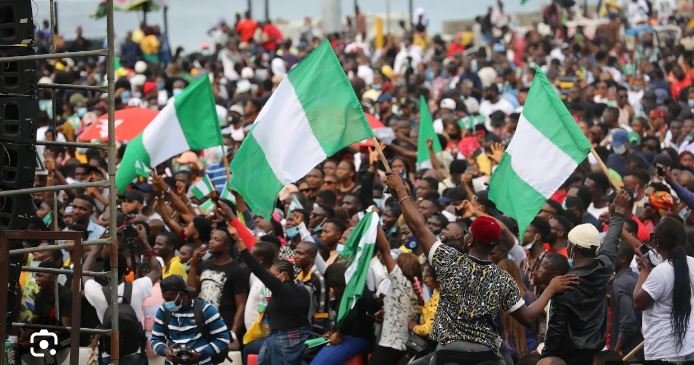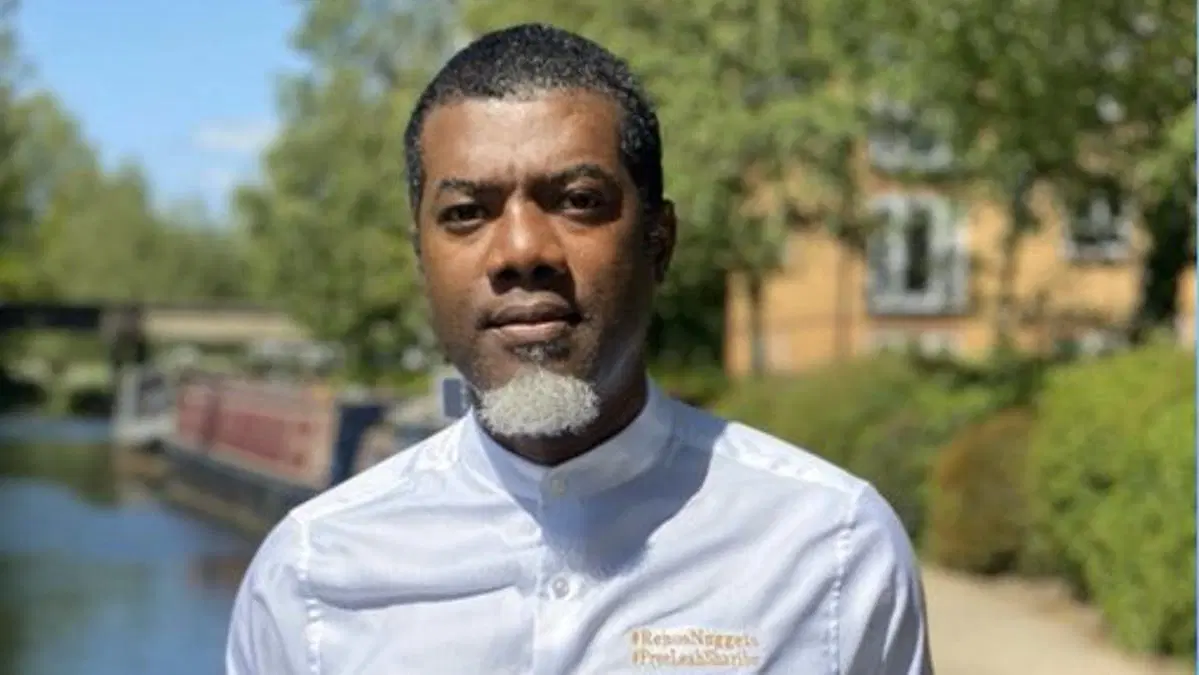By Ariwodo Chidinma Favour
Young people have increasingly emerged as pivotal players in contemporary politics, driving social change and shaping the discourse on critical issues.
Their influence on current movements reflects both their enthusiasm for reform and their ability to mobilize communities. Yet, despite their growing impact, young individuals often encounter significant barriers in accessing and wielding political power.
Catalysts for Change
The energy and innovation that young people bring to politics are unmistakable. Movements like Fridays for Future, spearheaded by climate activist Greta Thunberg, and the push for racial justice exemplified by figures such as Amanda Gorman, highlight the profound influence of youth on global issues. These activists not only amplify pressing concerns but also inspire new generations to engage in political discourse. Their ability to leverage social media platforms enables them to mobilize support rapidly and effectively, making youth voices a formidable force in shaping public opinion and policy.
READ ALSO: Top Honors for Zulaihat, Huriyya, and Nafisa at Humanitarian Awards Event in Abuja
Influence on Current Movements
Young people are redefining political engagement by prioritizing issues like climate change, racial equality, and mental health. They are not merely participants but leaders who challenge traditional political structures and demand innovative solutions. This generational shift is evident in the increased voter turnout among younger demographics and their active involvement in grassroots organizations. Their fresh perspectives and willingness to confront entrenched norms contribute to a dynamic and evolving political landscape, pushing for policies that address contemporary challenges and resonate with diverse communities.
Barriers to Political Power
Despite their influence, young people face substantial barriers in gaining political power. One significant obstacle is the underrepresentation in formal political institutions. Structural biases and age-related prejudices often sideline younger candidates, limiting their opportunities for leadership roles. Additionally, the lack of access to networks and resources necessary for successful campaigns can stymie their efforts to run for office.
Moreover, the perceived inexperience of young politicians is frequently cited as a deterrent, overshadowing their innovative ideas and passion for change. Political systems and processes, traditionally dominated by older generations, can be resistant to the disruptive potential that young leaders bring. This resistance, coupled with limited mentorship opportunities, creates a challenging environment for young people to advance within established political frameworks.









